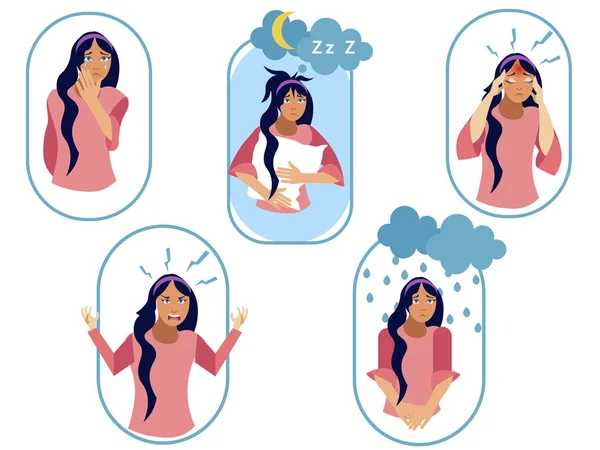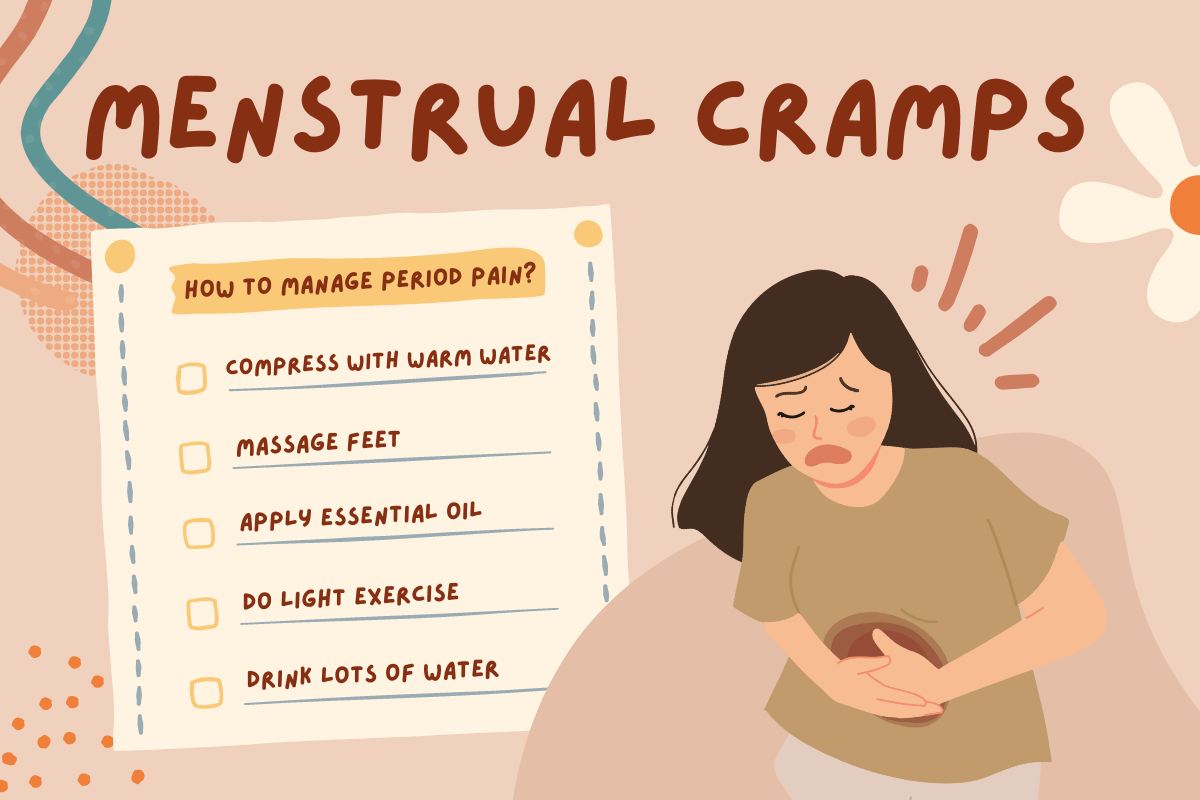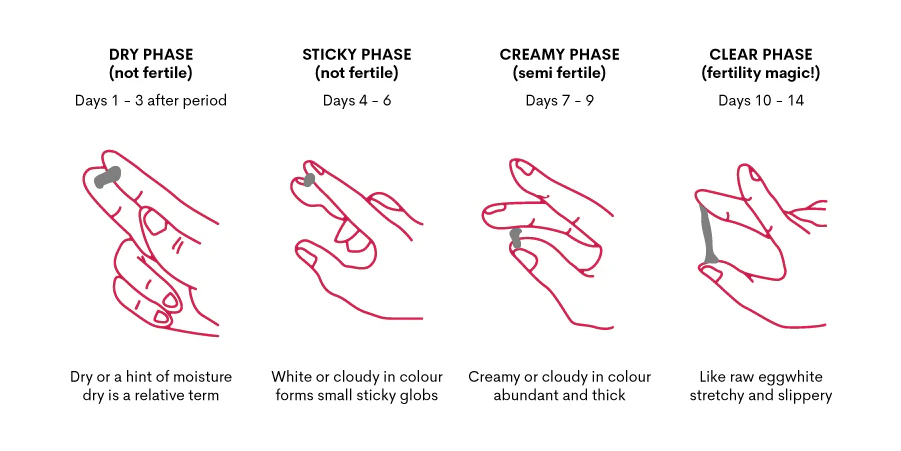Preparing for your period is an important aspect of menstrual health. Indian women should track their menstrual cycles to predict when their period will start. This can be done using a simple calendar or a mobile app. It’s advisable to keep sanitary products handy, especially when traveling or at work. Being aware of premenstrual symptoms like mood changes or bloating can help in managing them better. Maintaining a healthy diet rich in iron and staying hydrated can help alleviate some pre-menstrual discomfort.


During menstruation, proper hygiene is crucial. Indian women should change their sanitary pad every 4-6 hours, or more frequently if needed, to prevent infections and odor. Staying hydrated and eating iron-rich foods can help replenish lost nutrients. For managing pain, using heat packs or engaging in gentle exercises like yoga can be beneficial. It’s important to listen to your body and rest if needed. In India, where menstrual taboos still exist in some communities, it’s important to remember that menstruation is natural and should not limit daily activities.


In India, menstruation has long been associated with lunar cycles, often referred to as ‘moon time’. While there’s no scientific evidence linking menstrual cycles to moon phases, some women find tracking the moon phases helpful in understanding their cycles. This connection can be seen as a beautiful way to connect with nature and one’s own body rhythms. However, it’s important to remember that every woman’s cycle is unique and may not align with lunar phases.




